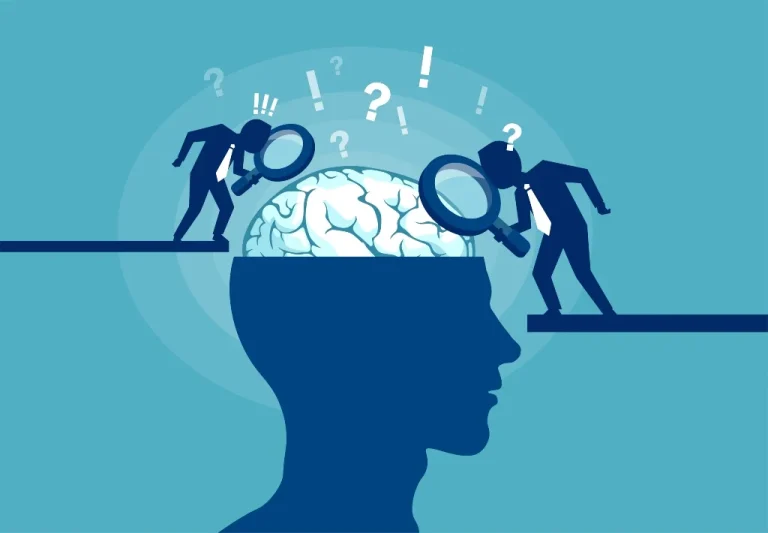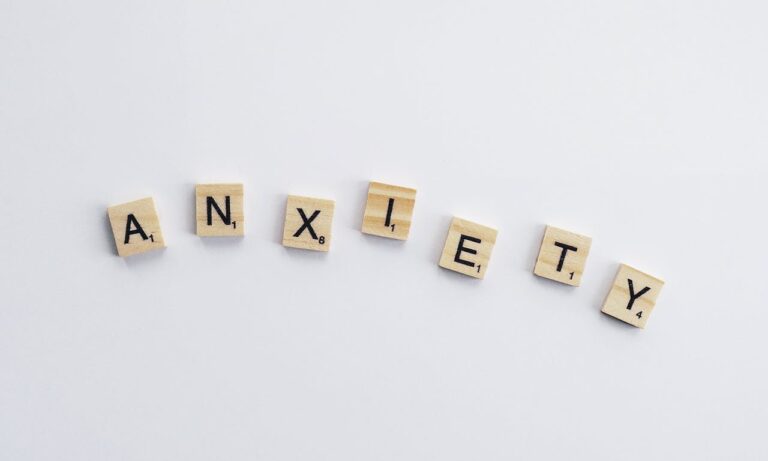What is anxiety exactly?
We worry about anxiety disorders because, if left untreated, they can end up affecting all areas of life. Anxiety not only endangers our own personal development, but also family, friends, partner and especially work are affected. Be careful, because anxiety can make you lose your job.

When we say that a person has anxiety, we refer to that feeling of restlessness and fear that does not dissipate easily. It may be a consequence of a stressful event that does not have an immediate solution. For many people, this can work as a stimulus to do their tasks with more energy. However, the problem begins when a person cannot control his anxiety levels and his daily routine is affected. This can range from sleep routines, the way we socialize, and even job performance.
One of the main signs of anxiety is lack of sleep. This not only generates fatigue that can last all day, but also implies that the person does not have the same levels of productivity in their day. Remember that insomnia brings with it conditions such as irritability, lack of concentration, among others.
Symptoms of anxiety
In case you suspect that you may be suffering from this condition, you should know what symptoms you have to watch out for. The most common are:
– Insomnia.
– Changes in behavior (irritability, impulsivity, among others).
– Strong heartbeat.
– Dizziness.
– Feeling of shortness of breath .
– Sweating.
– Feeling of being constantly in danger.
How can anxiety influence work?
In the workplace, an anxious person may have difficulty carrying out their routine, even if they have had it for many years. In fact, most people with work anxiety become obsessive with routine. In case, for some reason, they have to undergo a change; it is most likely that they show rejection or denial of it. On the other hand, they develop excessive control over their tasks and those of their team. All this is mostly accompanied by a feeling of fear for some situation that may or may not be happening.
As we have already seen, anxiety manifests itself in a series of symptoms that inevitably transform our behavior. With the passage of time, anxiety wreaks havoc in our daily lives in the form of insomnia, bad mood, insecurity, the need for control, fear, and lack of concentration and a host of physical ailments that are the result of summarizing anxiety.
In any case, all these symptoms, manifestations, or the different faces of anxiety have a negative impact on our work. As? To begin with, going to work nervous, having hardly slept and with countless concerns that worry you reduces productivity. In that state, you will inevitably underperform, be less efficient, and be more likely to make mistakes.
Anxiety also worsens those mistakes that you may make at work, because you will have lost the ability to manage them, you will see them as even more important than they are and that will make you much more nervous. We also can’t forget how anxiety affects mood, which can make spending the workday with you hell.
The best thing to do is to with whom you can start a therapy treatment and have a safe and comfortable space to talk.
What to do so that anxiety does NOT affect your job?
There is no magic formula, not even an effective treatment that prevents anxiety from negatively affecting your work. And sometimes you will find yourself in a delicate work situation because not everyone understands the scope of anxiety problems. Even at the risk of misunderstanding, the truth is that the best way to reduce damage is to openly discuss the problem you are experiencing at work.
In this way, you will be able to negotiate, for example, another schedule, another department or, even, you could request a reduction in hours if you can afford it until you manage to heal. That would be ideal, but we know well that not all companies take care of the health of their employees. In that case, what you need is psychological therapy to learn how to manage your anxiety.
If you do not want anxiety to affect your work, you will have to ask for professional help, a psychologist to help you transform your point of view distorted by anxiety and to free your mind from irrational fears and insecurities. Thus, you will have your entire mind free to continue being as and to provide solutions.






